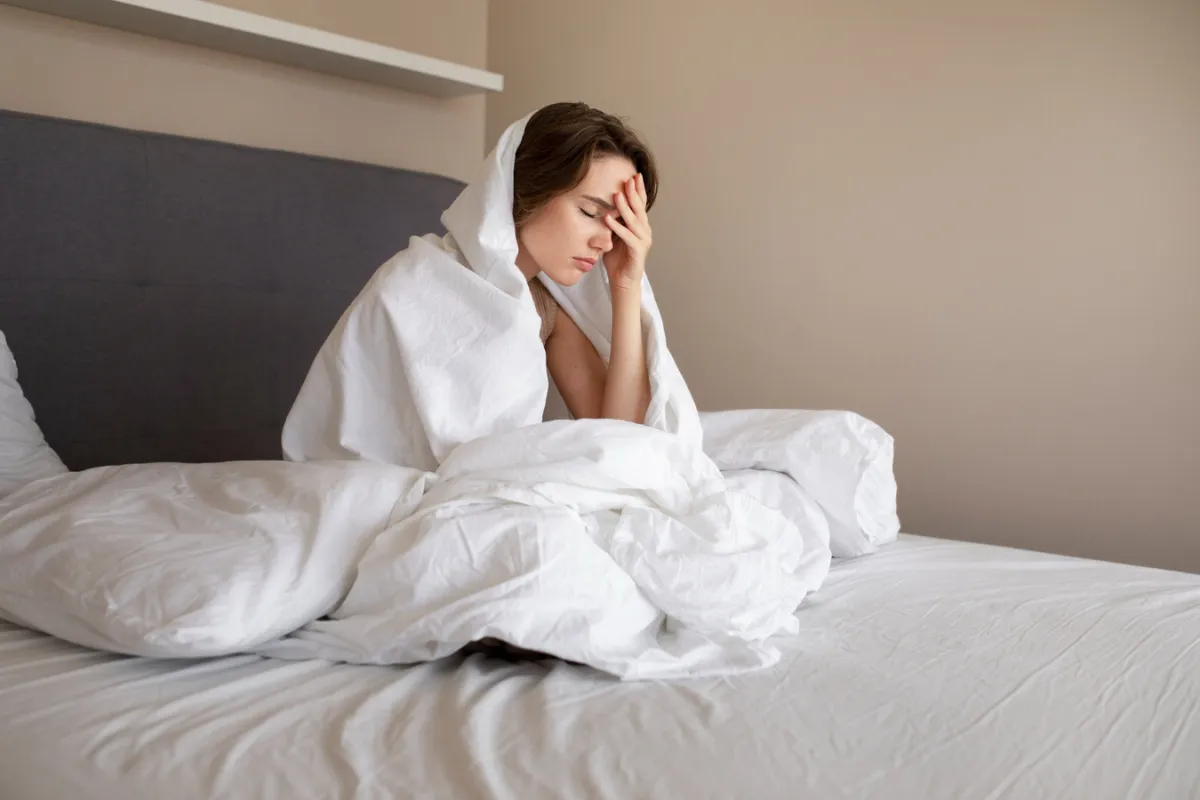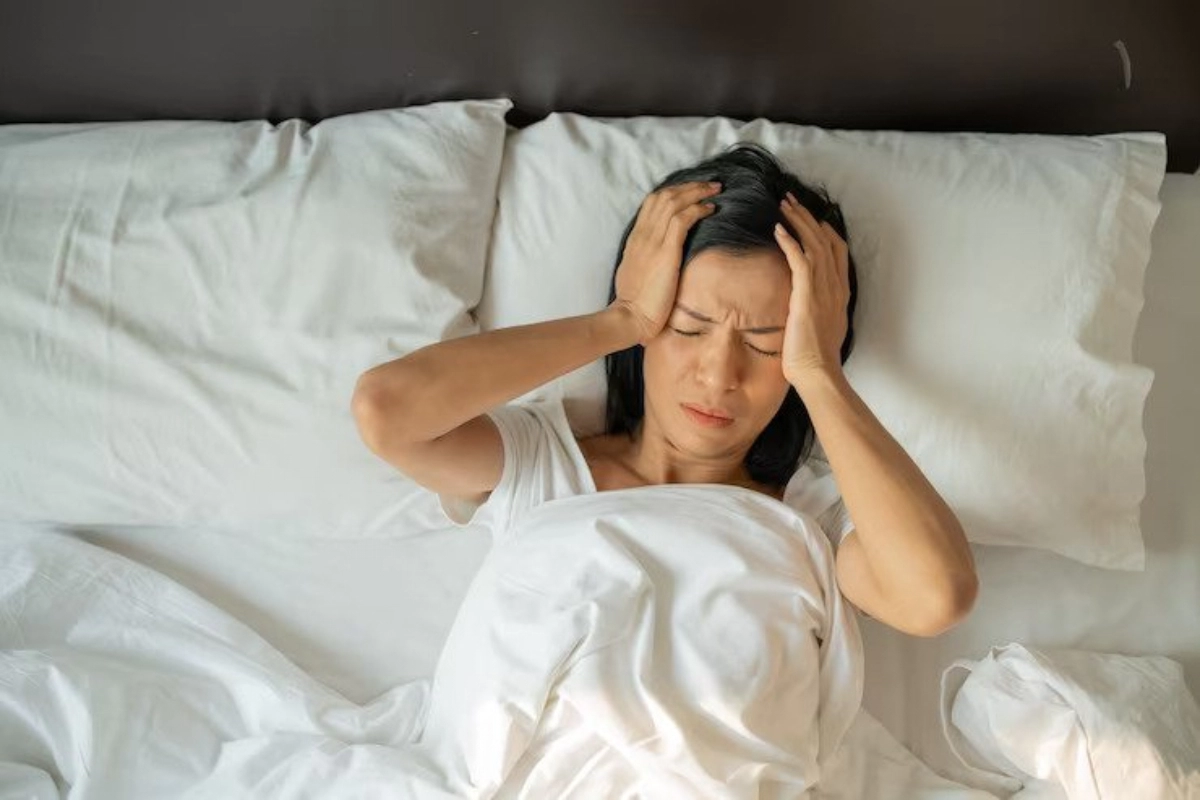World Sleep Day 2024: Sleep is an essential part of our daily routine, yet it’s often undervalued in today’s fast-paced world. World Sleep Day, observed annually on March 15th, aims to raise awareness about the importance of good sleep and the issues related to sleep disorders. In this article, we delve into the concepts of sleep deprivation and deficiency, shedding light on their impacts and significance.
What is Sleep Deprivation?
Sleep deprivation refers to the condition where an individual fails to obtain the necessary amount of sleep required for optimal functioning. This can be either partial or total, resulting from various factors such as lifestyle choices, medical conditions, or environmental influences. Sleep deficiency, on the other hand, encompasses both insufficient sleep duration and poor sleep quality.
Impact on Health
According to the Mayo Clinic, lack of sleep can profoundly affect the immune system. Studies suggest that individuals who don’t get enough quality sleep are more susceptible to falling ill when exposed to viruses like the common cold. This is because sleep plays a crucial role in regulating immune function.
During sleep, the immune system releases proteins called cytokines, which aid in sleep promotion and defense against infections. Sleep deprivation can disrupt the production of these protective cytokines, leaving the body vulnerable to illnesses. Moreover, insufficient sleep compromises the activity of infection-fighting antibodies and cells, further weakening the body’s defenses.
Long-term sleep deprivation is associated with an increased risk of obesity, diabetes, cardiovascular diseases, and other chronic conditions. It can also impair cognitive function, mood regulation, and overall well-being.
Causes of Sleep Deprivation
Several factors contribute to sleep deprivation and deficiency, including:
- Lifestyle Choices: Busy schedules, excessive screen time, irregular sleep patterns, and consuming stimulants like caffeine or nicotine can disrupt sleep.
- Medical Conditions: Conditions such as sleep apnea, insomnia, restless leg syndrome, and mental health disorders like anxiety and depression can interfere with sleep quality.
- Environmental Factors: Noise, light pollution, uncomfortable sleeping environments, and shift work can disrupt the natural sleep-wake cycle, leading to sleep disturbances.
- Stress: High levels of stress or anxiety can make it difficult to relax and fall asleep, perpetuating a cycle of sleep deprivation.
Remedies for Sleep Deprivation
Addressing sleep deprivation requires adopting healthy sleep habits and addressing underlying factors contributing to poor sleep. Here are some strategies to improve sleep quality:
- Establish a Consistent Sleep Schedule: Aim to go to bed and wake up at the same time every day, even on weekends, to regulate your body’s internal clock.
- Create a Relaxing Bedtime Routine: Engage in calming activities before bed, such as reading, taking a warm bath, or practicing relaxation techniques like deep breathing or meditation.
- Optimize Your Sleep Environment: Ensure your bedroom is conducive to sleep by minimizing noise, light, and distractions. Invest in a comfortable mattress and pillows to promote restful sleep.
- Limit Stimulants and Electronics: Avoid caffeine, nicotine, and electronic devices at least an hour before bedtime, as they can interfere with sleep quality.
- Seek Professional Help if Needed: If sleep problems persist despite making lifestyle changes, consult a healthcare professional or sleep specialist for further evaluation and treatment options.
Disclaimer: This material, including advice, provides general information only. It is in no way a substitute for a qualified medical opinion. Take the methods, and claims mentioned in this article as suggestions only; DNP India does not confirm or refute them. Consult a doctor before implementing any such suggestions/ treatment/medicine/diet.












